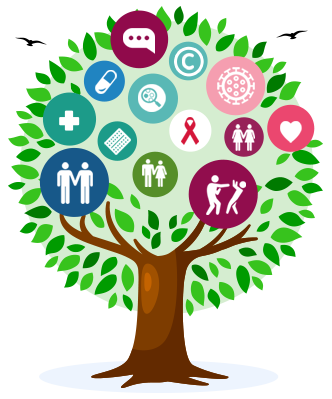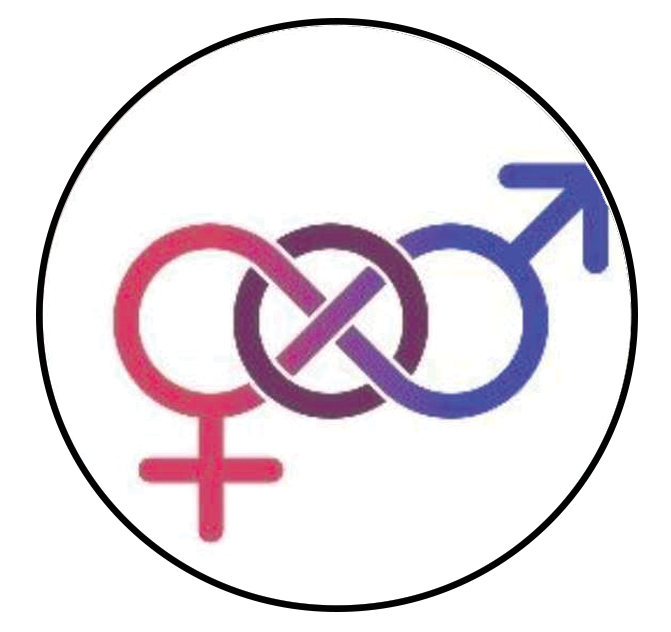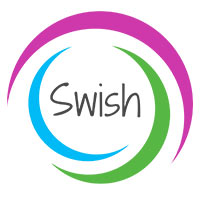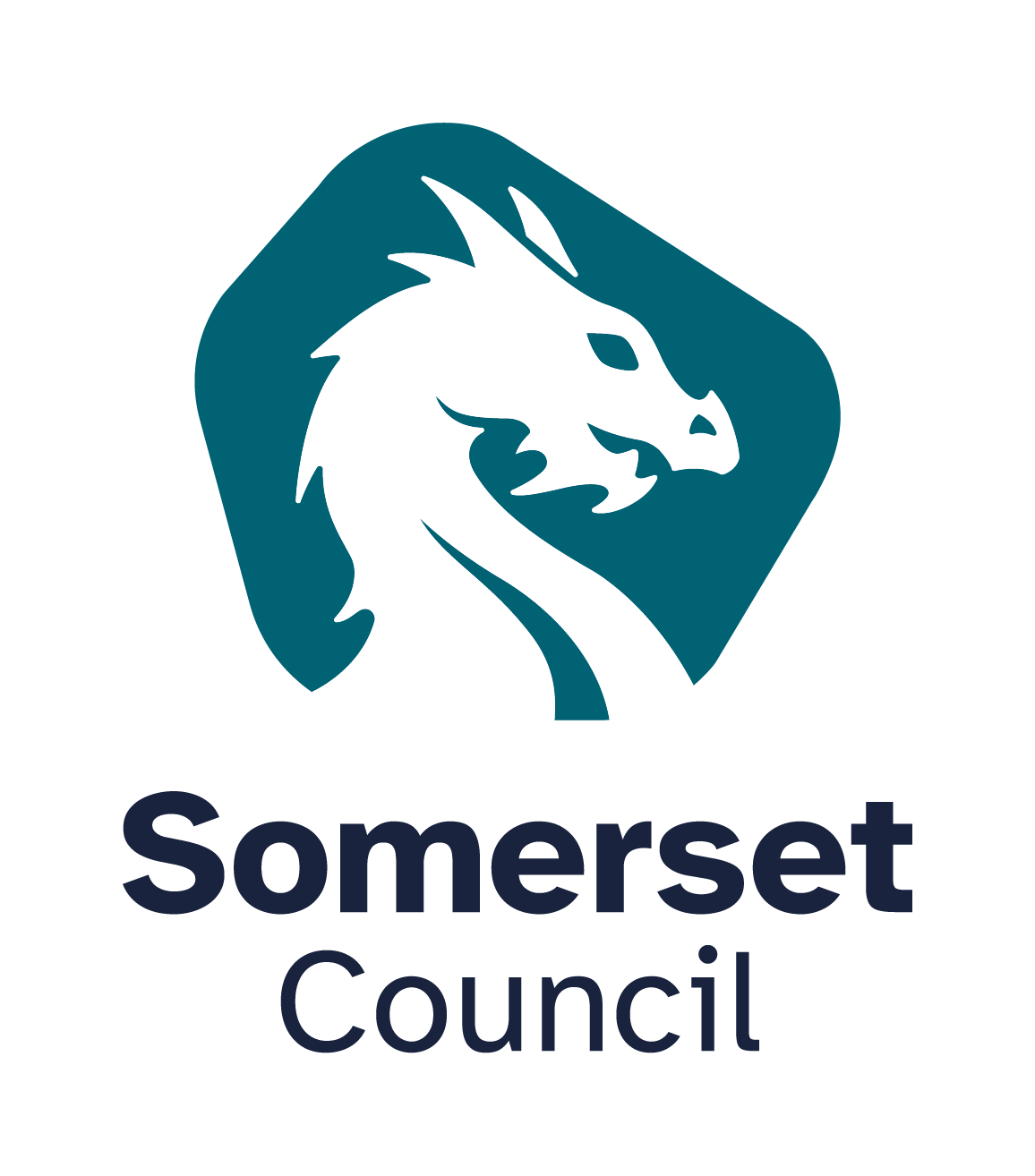
Latest News:
Services for Young People
Confidential information and advice on sexual health
Nearest service to meC-Card Issue Points
Where you can register or collect free condoms, including using our new Click and Collect
Find the nearest to meHIV
HIV stands for Human Immunodeficiency Virus. This virus attacks the body’s defence system, so affecting the body’s ability to fight infections and illnesses. A person is said to have AIDS (Acquired Immune Deficiency Syndrome) when their body can no longer fight life-threatening infections. With early diagnosis and effective treatment, most people with HIV will not go on to develop AIDS.
How you get it:
- Unprotected penetrative sex (anal or vaginal)
- Sharing contaminated needles
- Mother to unborn baby or through breastfeeding (This is now very rare in the UK)
- Receiving infected blood for medical reasons. (UK blood is screened)
- It's also possible contract HIV from oral sex and sharing sex toys, although the chances of this happening are very low. For example, it's estimated that you only have a 1 in 5,000 chance of getting HIV if you give unprotected oral sex to someone with the infection.
Symptoms:
- Most people who are infected with HIV experience a short, flu-like illness that occurs two to six weeks after infection. After this, HIV often causes no symptoms for several years.
- The flu-like illness that often occurs a few weeks after HIV infection is also known as seroconversion illness. It's estimated that up to 80% of people who are infected with HIV experience this illness.
The most common symptoms
- Fever (raised temperature)
- Sore throat
- Body rash
- Other symptoms
- Tiredness
- Joint pain
- Muscle pain
- Swollen glands
The symptoms usually last one to two weeks, but they can last longer. They are a sign that the immune system is putting up a fight against the virus. However, all these symptoms can also be associated with other illnesses.
Treatment:
- There is no cure for HIV. However, there are very good treatments available in the UK which can help people stay well.
If it’s not treated:
- Severe illness leading to death due to AIDS



















